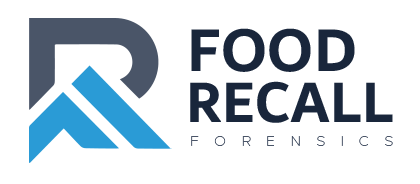When was the last time your team practiced a recall drill?
If your answer is “never” or “not recently,” you’re not alone. Too many food companies treat recalls as rare events that might happen, rather than inevitable risks that will test their systems at some point. And just like a fire drill, recall readiness isn’t about “if” — it’s about “when.”
The Hidden Cost of Hesitation
The average food and beverage recall costs $10–$15 million in direct expenses — disposal, logistics, legal fees, and communication. But that’s just the start. Add in lost contracts, retailer penalties, and brand erosion, and the true financial toll can reach into the hundreds of millions.
What’s scarier? The cost of hesitation. Every hour wasted fumbling through outdated contact lists, unclear responsibilities, or missing documentation increases risk to consumers and amplifies damage to your brand.
Lessons from the PCA Peanut Butter Recall
Take the 2009 Peanut Corporation of America outbreak. Poor recordkeeping and inadequate internal communication meant contaminated products were shipped across multiple states and brands. The result:
- Hundreds sickened
- Nine deaths
- A company bankrupted
- Executives serving prison time
The recall wasn’t just about the contamination — it was about the systemic failure to respond quickly and transparently.
Building a Culture of Recall Readiness
Here’s how food companies can treat recall prep like a fire drill:
- Run Mock Recalls Quarterly
- Choose a random product and simulate a contamination scenario.
- Track how long it takes to identify affected lots and notify partners.
- Clarify Roles & Responsibilities
- Every person should know their part: legal, PR, logistics, QA, sales.
- Document it. Update it annually.
- Keep Contact Trees Updated
- Outdated spreadsheets are useless in a crisis.
- Use cloud-based tools so updates are live and accessible.
- Communicate Transparently
- Silence breeds suspicion.
- Clear, honest messaging protects consumer trust, even during recalls.
Final Takeaway
Recalls may be rare, but they’re also inevitable in the food industry. Just like fire drills, recall drills save lives, protect assets, and build resilience. Companies that practice, prepare, and prioritize recall readiness don’t just survive crises — they strengthen their reputation as leaders in food safety.
Want more forensic breakdowns of real recalls — and the lessons you can use today? Subscribe to the Recall Report newsletter.



